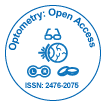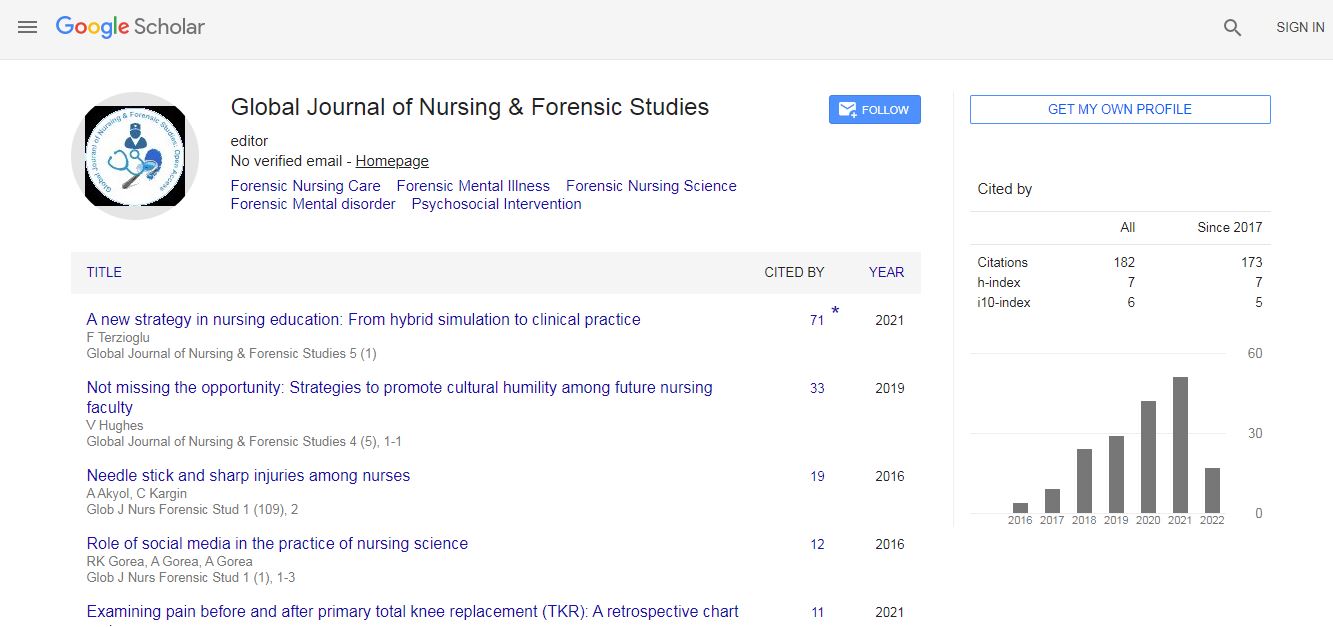Innovative Aspects of Strabismus (Crossed Eyes)
*Corresponding Author: Myran Yanof, Department of Ophthalmology and Pathology, Drexal University, Pennsylvania, U.S.A, Email: myran.Yanof@drexalmed.edu
Copyright: © 2021 Yanof M. This is an open-access article distributed under the terms of the Creative Commons Attribution License, which permits unrestricted use, distribution, and reproduction in any medium, provided the original author and source are credited.
Abstract
Crossed eyes, or strabismus, are a condition wherein the both eyes do not look at the same place at the same time. It typically happens in individuals who have poor eye muscle control or are extremely farsighted. Six muscles append to each eye to control how it moves. The muscles get signals from the cerebrum that directs their developments. Typically, the eyes work together so they both point at the same place. At the point when issues create with eye development control, an eye may turn in, out, up or down. The eye turning may happen constantly or may show up just when the individual is drained, sick, or has done a ton of perusing or close work. Now and again, a similar eye may turn each time. In different cases, the eyes may substitute turning

 Spanish
Spanish  Chinese
Chinese  Russian
Russian  German
German  French
French  Japanese
Japanese  Portuguese
Portuguese  Hindi
Hindi 